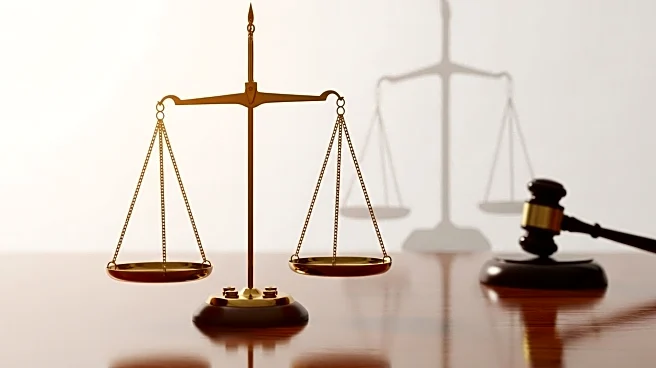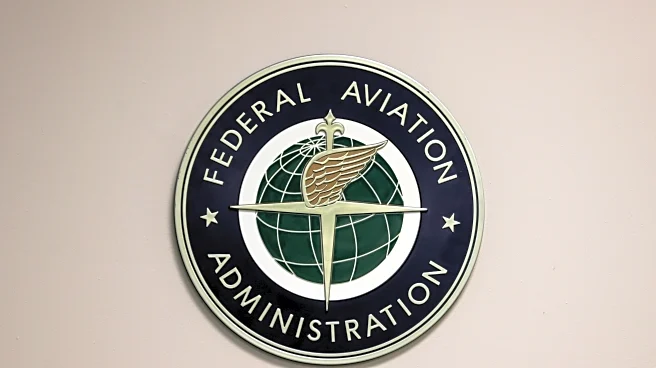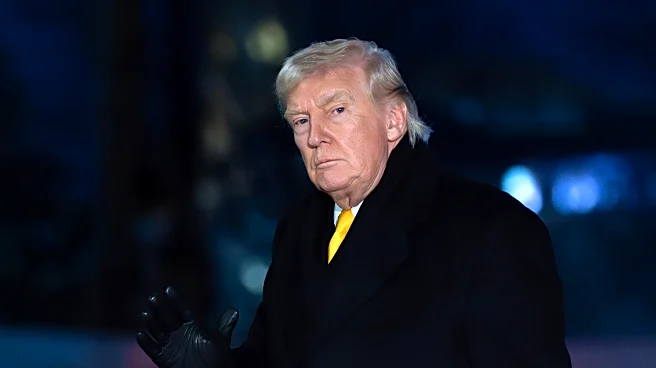What's Happening?
The Carlstar Group, a tire manufacturer and supplier, has requested a federal judge to dismiss a lawsuit filed by the U.S. Equal Employment Opportunity Commission (EEOC). The lawsuit accuses Carlstar of denying opportunities to workers with disabilities at its facilities in Clinton and Jackson, Tennessee, and Aiken, South Carolina, due to their lawful use of prescription drugs, including narcotics and opioids. Carlstar's argument for dismissal is based on the EEOC's lack of a quorum, which is necessary for filing lawsuits involving systemic discrimination or patterns of discrimination. The EEOC has been operating without a quorum since President Trump dismissed two Democratic commissioners, leaving the agency with only two commissioners.
Why It's Important?
The outcome of this case could have significant implications for the EEOC's ability to pursue litigation in cases of systemic discrimination. Without a quorum, the agency's capacity to enforce anti-discrimination laws is limited, potentially affecting numerous cases and the protection of workers' rights. The challenge by Carlstar highlights the legal and operational challenges faced by the EEOC under the current administration. This situation also underscores the broader political and legal dynamics at play, as the agency's actions and leadership have been subject to scrutiny and criticism from various stakeholders, including Congress.
What's Next?
If the court sides with Carlstar, it could set a precedent that limits the EEOC's litigation capabilities until a quorum is restored. This may prompt the administration to expedite the nomination and confirmation of additional commissioners to re-establish a quorum. Meanwhile, other companies may be encouraged to challenge the EEOC's authority in similar cases, potentially leading to a backlog of unresolved discrimination claims. The decision could also influence legislative or executive actions aimed at addressing the quorum issue and ensuring the EEOC's effective functioning.
Beyond the Headlines
The case raises questions about the balance of power and the role of federal agencies in enforcing civil rights laws. It also highlights the potential impact of political decisions on the operational effectiveness of regulatory bodies. The ongoing legal battles and criticisms faced by the EEOC may lead to discussions about the need for reforms to ensure the agency's independence and ability to protect workers' rights without political interference.










